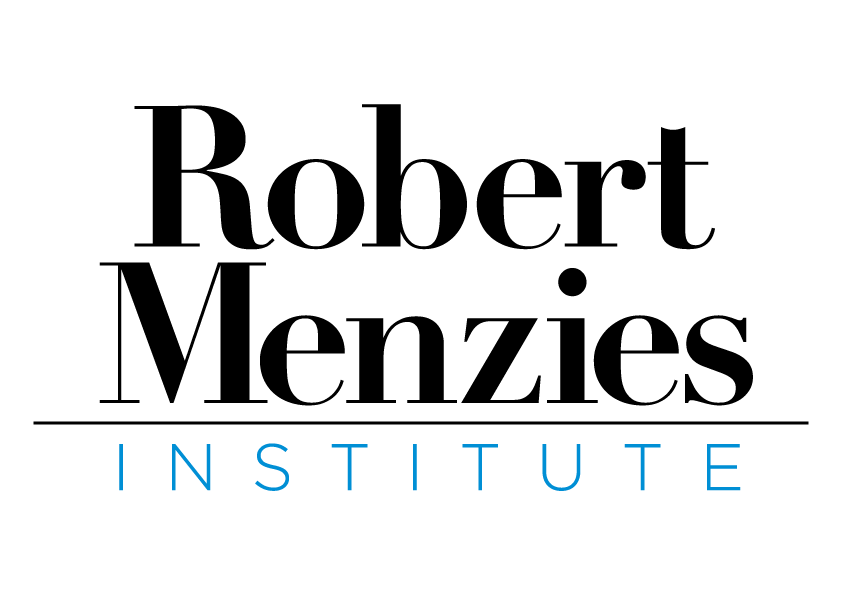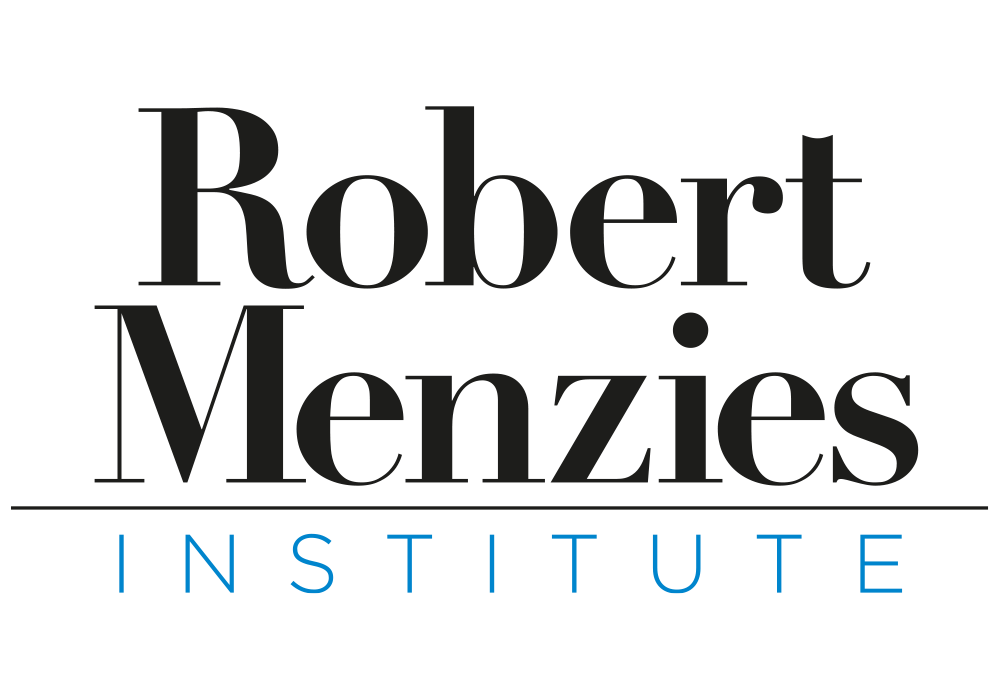Menzies and the Privy Council
Menzies in his Privy Council uniform. Image from the Menzies Papers, NLA.
On this day, 23 June 1938, Robert Menzies is sworn in as a Privy Counsellor at a ceremony at Buckingham Palace with the King in attendance. At the time the Privy Council was an integral part of Australia’s legal framework, with its Judicial Committee acting as the highest court of appeal in certain cases.
The Privy Council is a centuries old institution responsible for advising the British monarch which has roots or at least precedents as far back as the Anglo-Saxon Witan. In its modern form it can be dated to 1801 with the merger of the previously separate Privy Councils of Great Britain and Ireland. As ‘King-in-Council’ it has the constitutional responsibility of issuing executive instruments including Acts of the British Parliament; and many of its functions are replicated in Australia in the form of the Federal Executive Council which advises the Governor General. However, there are key differences between the two Councils, one of which is that the Australian version does not carry out the same judicial role.
During the Federal Conventions of the 1890s there were fierce debates over whether to uphold legal appeals to the Privy Council from Australia in the Australian Constitution. Some argued that these appeals were necessary to knit together the community of the Empire, and also that the legal decisions of the Privy Council were more likely to be impartial than those the High Court, which could be swayed by local bias and the fact that its appointments were made by the Federal Government. Meanwhile, those opposed to the appeals maintained that Australia needed clear judicial independence. In the end, Privy Council appeals were permitted in non-constitutional cases, with section 74 of the Australian Constitution stipulating that there ‘should be no appeal to the Privy Council in any matter involving the interpretation of the Constitution or of the Constitution of a State, unless the public interests of some part of Her Majesty's Dominions other than the Commonwealth or a State were involved.’ Nevertheless, there was some difficulty in defining what were purely ‘inter se’ (i.e. domestic/internal) questions, and some constitutional cases would end up before the Privy Council.
As Federal Attorney General during the 1930s, much of Menzies’s time would be taken up travelling to England to appear before the Privy Council in a number of legal cases, both private ones he took on as a Barrister and those directly involving the Commonwealth Government. Indeed, his first ever trip to Europe in 1935 was centred around arguing a patent case concerning the manufacture of heavyweight paper-bags, which he had originally lost before the High Court of Australia, but which his client was legally entitled to further pursue at the Council level. The burden of Menzies’s argument was that the paper bags were not a truly original or innovative design, and that they therefore could not be patented. The case was one that was followed with interest by a wide section of the business community, for it would set an important precedent, and Menzies succeeded in getting the Privy Council to overturn the High Court’s decision.
The next year Menzies was again in England on legal business, this time representing the Commonwealth in a case involving dried fruit which was of particular interest to the Country Party. The issue at stake was whether the Federal Government could ‘regulate marketing of dried fruit (and, by implication, other rural products, especially wheat and dairy produce, for which schemes were already in operation) by establishing for individual producers or traders quotas above which it was illegal to sell such fruit in Australia.’ Menzies was thus tasked with upholding the legality of government regulations against a business that advocated for a free market in which they would be rewarded for their efficiency. His opponent cited section 92 of the Constitution which insists that ‘trade, commerce, and intercourse among the States... shall be absolutely free’, and won the case, invalidating a whole range of legislation at both the Federal and State level. The decision even precipitated a referendum seeking to give the Commonwealth the power to legislate on marketing which would be heavily defeated in 1937.
The dried fruits case was arguably Menzies’s greatest ever defeat as a lawyer, and to add insult to injury he was subsequently embroiled in a scandal over whether he himself had breached the Constitution. This was because he had accepted a fee from the Victorian Government to simultaneously represent them in the dried fruits case, which to detractors violated section 44’s prohibition on a Member of the House of Representatives from taking ‘an office of profit under the Crown’. Luckily for Menzies, the attack did not stick, but there was enough concern for Prime Minister Joseph Lyons to write to Menzies warning him that the issue might cast a shadow over his succession plans of passing over to Menzies his job (a ‘promise’ which was never actually fulfilled while Lyons was alive).
Further Reading:
A.W. Martin, Robert Menzies: A Life Volume 1
Biography - Frederick Alexander James - Australian Dictionary of Biography (anu.edu.au) (the fruit-growing litigant)
Menzies’s personal instructions as to what to do while being sworn in. From the Menzies Papers in the National Library of Australia.



